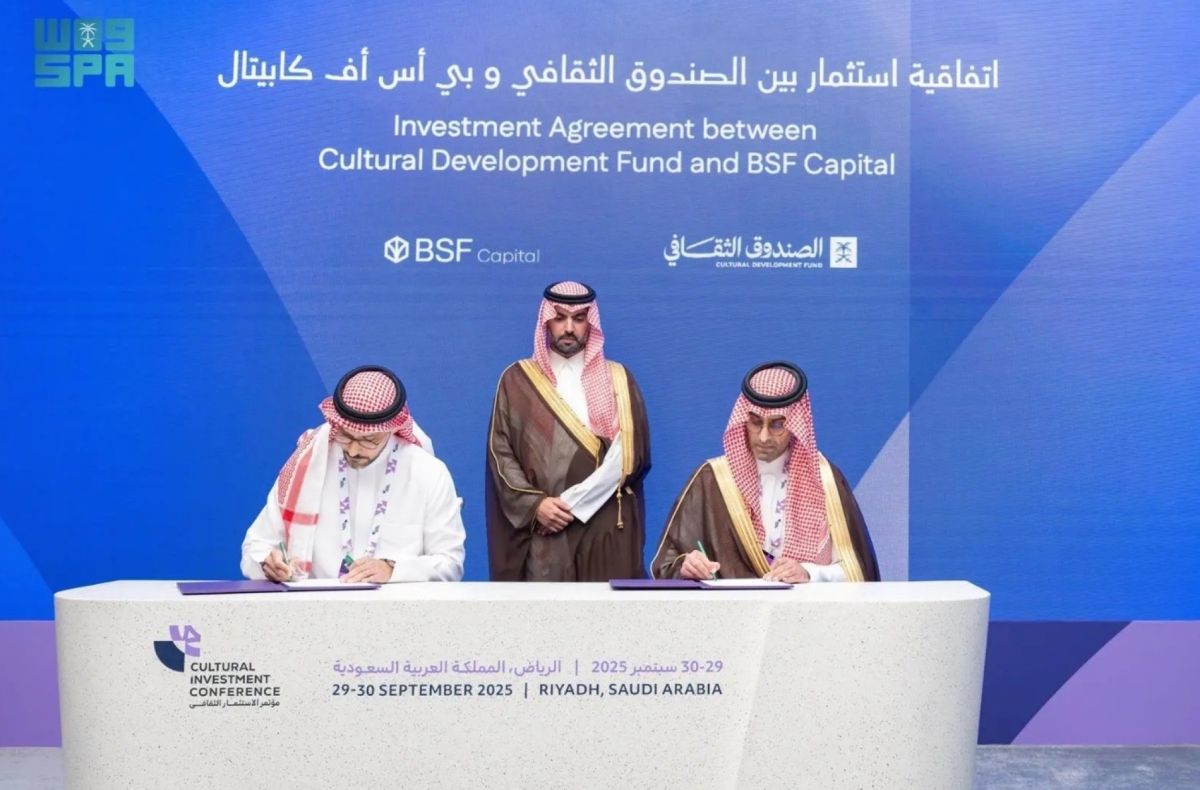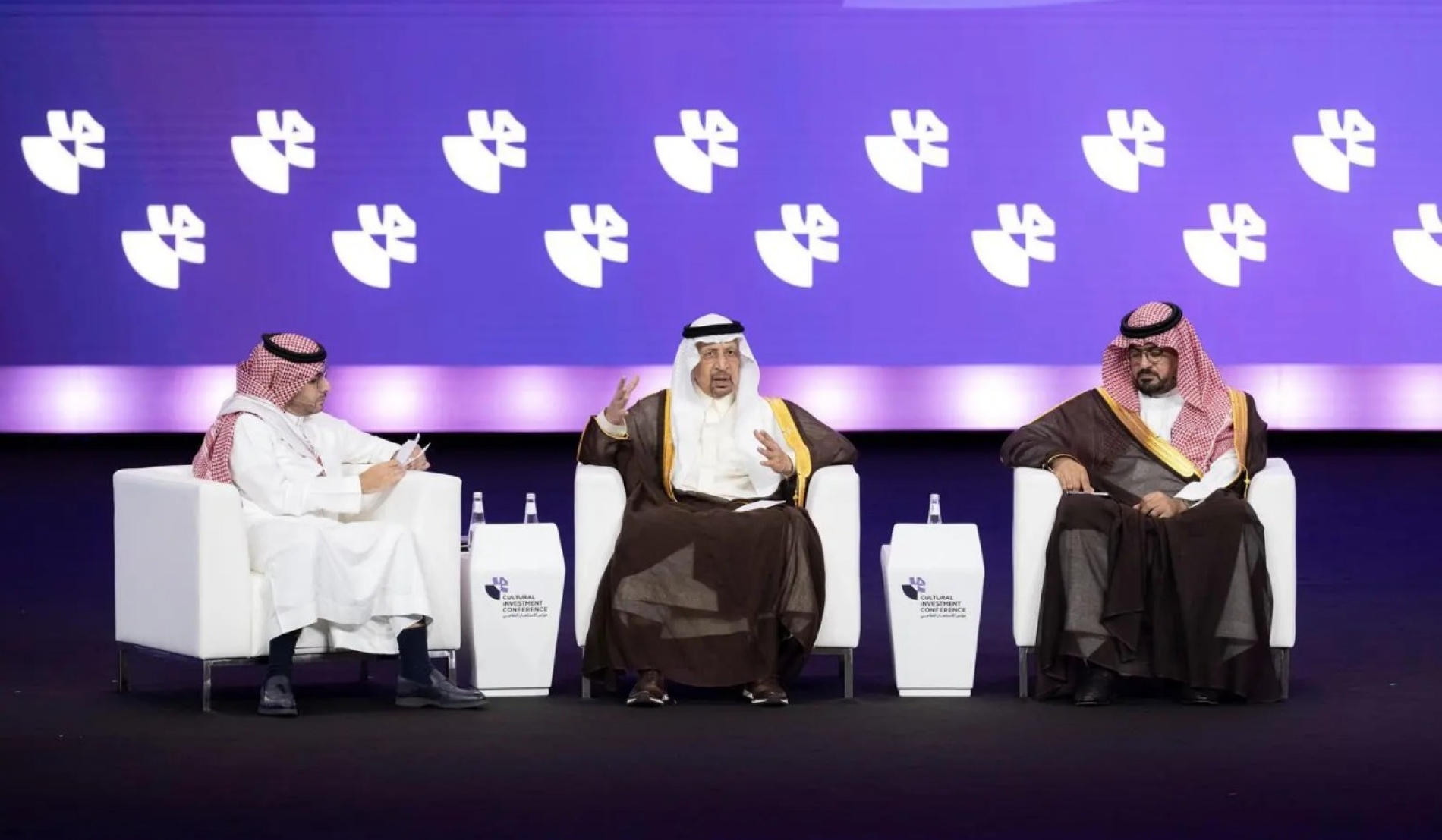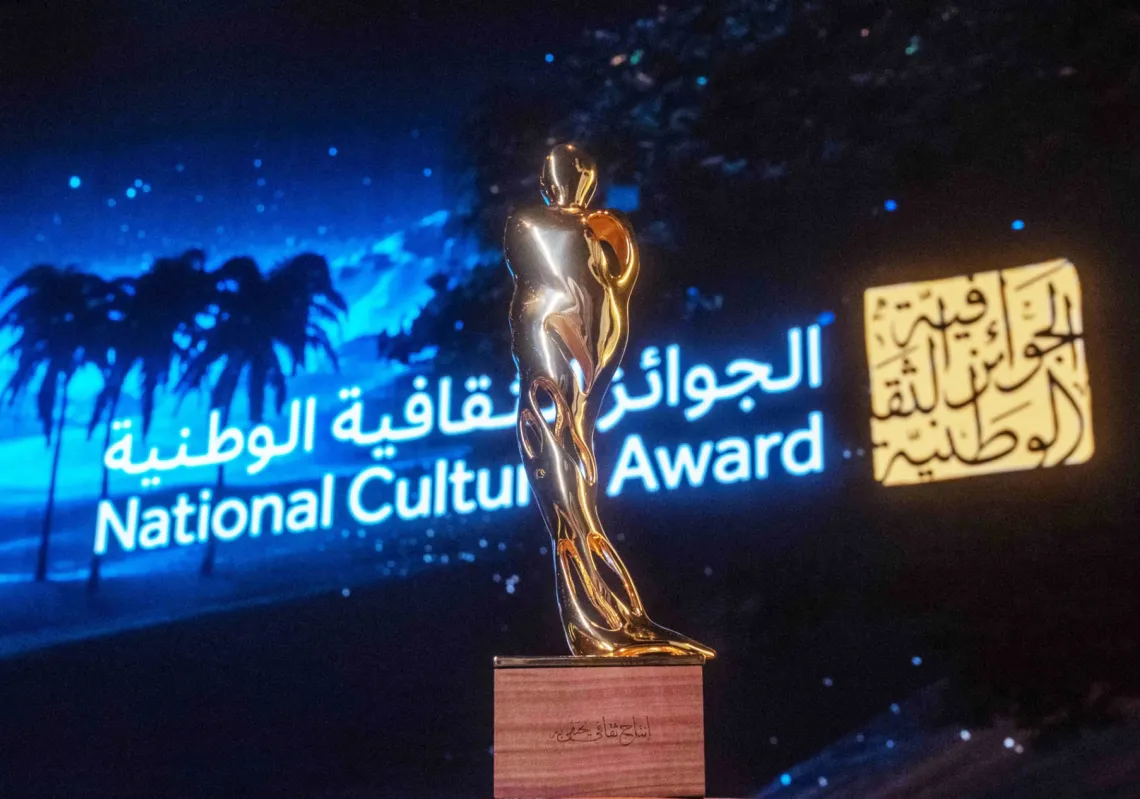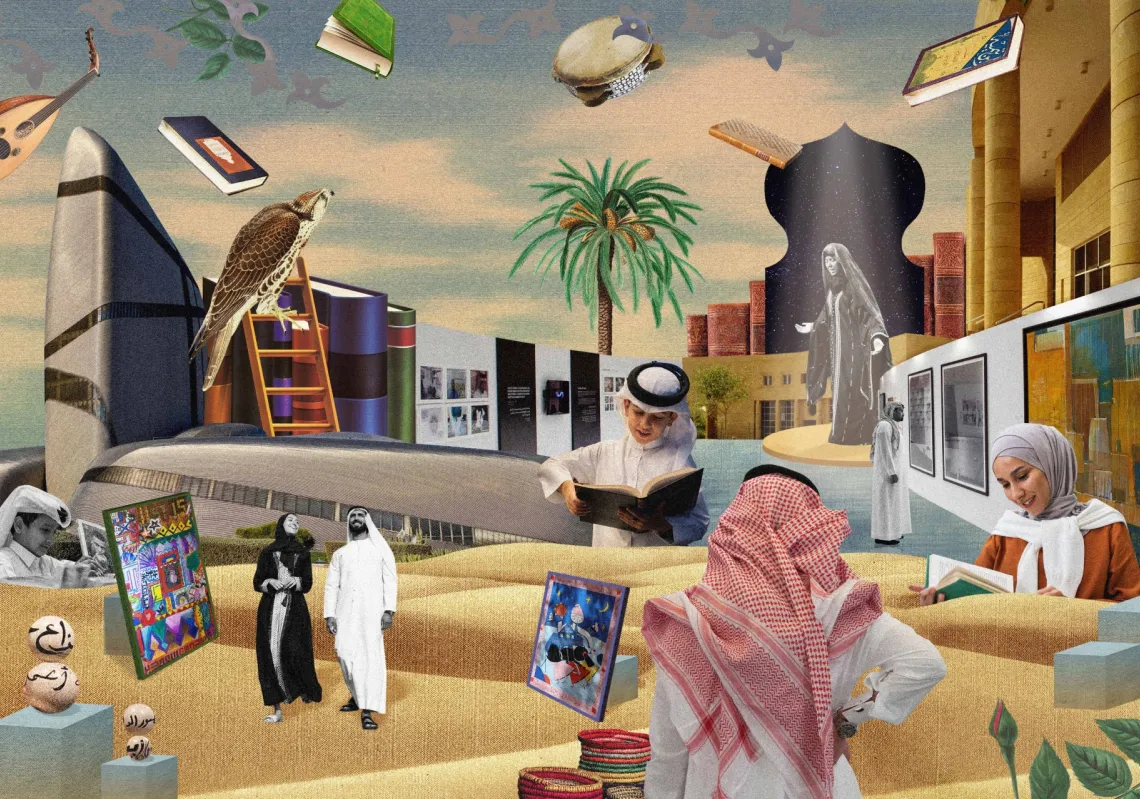Over the past seven years, Saudi Arabia has transformed its approach to policy across all sectors, from trade and tourism to culture and sports, with a huge emphasis now being placed on statistical analysis, data, indicators, and measurement. For those hoping to negotiate with Saudi officials, it is now vital to reference numbers-based tools for evaluating the feasibility of any investment before its implementation. This applies to investment in culture as much as it does to other sectors.
The cultural sector plays a pivotal role in both Saudi society and its economy. Foreign investors often seek to learn more about the country's cultural identity, including the diversity of its regions, which provides them with a better understanding of local opportunities and needs.
Over the past seven years, there has been a huge $22bn investment in Saudi culture, not least in AlUla, with its historical landmarks and archaeological sites showcasing the civilisations that once inhabited the Arabian Peninsula. The Royal Commission is developing and preparing AlUla, creating around 7,700 jobs, with more than 740,000 tourists having visited since 2018.
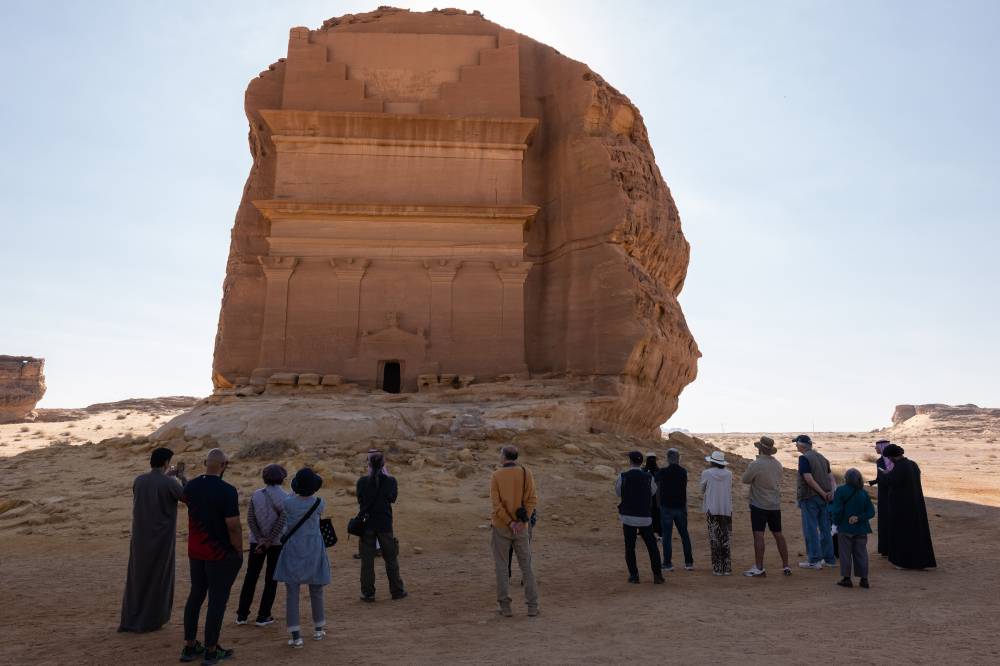
Funding culture
Since the launch of Vision 2030, specialised bodies have been established to allocate funds for the development of the culture sector. Previously, allocation was determined by the initiatives of individuals with specific interests. Such ad hoc investments occasionally elicited a brief flourish but failed to ensure long-term sustainability. Therefore, the Ministry of Culture adopted a strategy to sustain the efforts of non-profit organisations—whether through direct or indirect support—in addition to contracting relevant experts.
In recent years, Saudi Arabia has given each year a name inspired by an element of its cultural heritage. Last year, for instance, was the Year of the Camel, with 2025 dedicated to handicrafts, with a host of events and competitions related to that theme. Such initiatives can lead to the establishment of groups and opportunities in trade.
In Riyadh at the end of September, the Cultural Investment Conference opened the door to a new era of both local and foreign investment in culture. A new Riyadh University of the Arts would be established, announced Culture Minister Prince Badr bin Abdullah bin Farhan, noting how the sector’s contribution to GDP (gross domestic product) had risen to 1.6%. The aim is for culture to contribute 3% by 2030.


